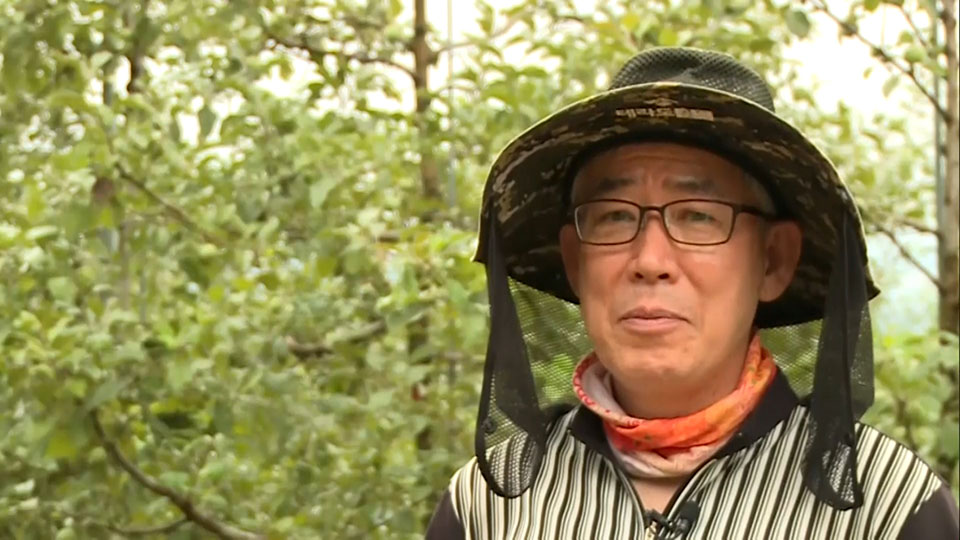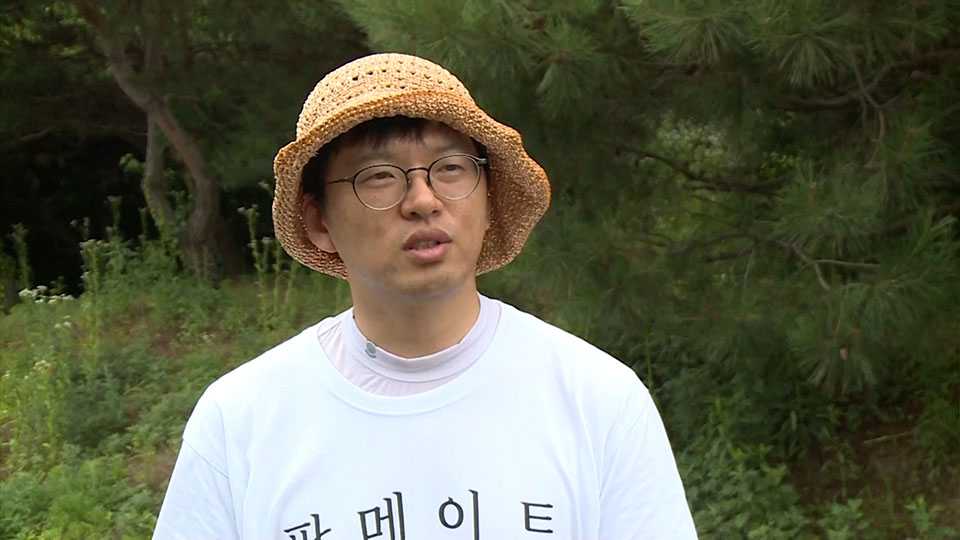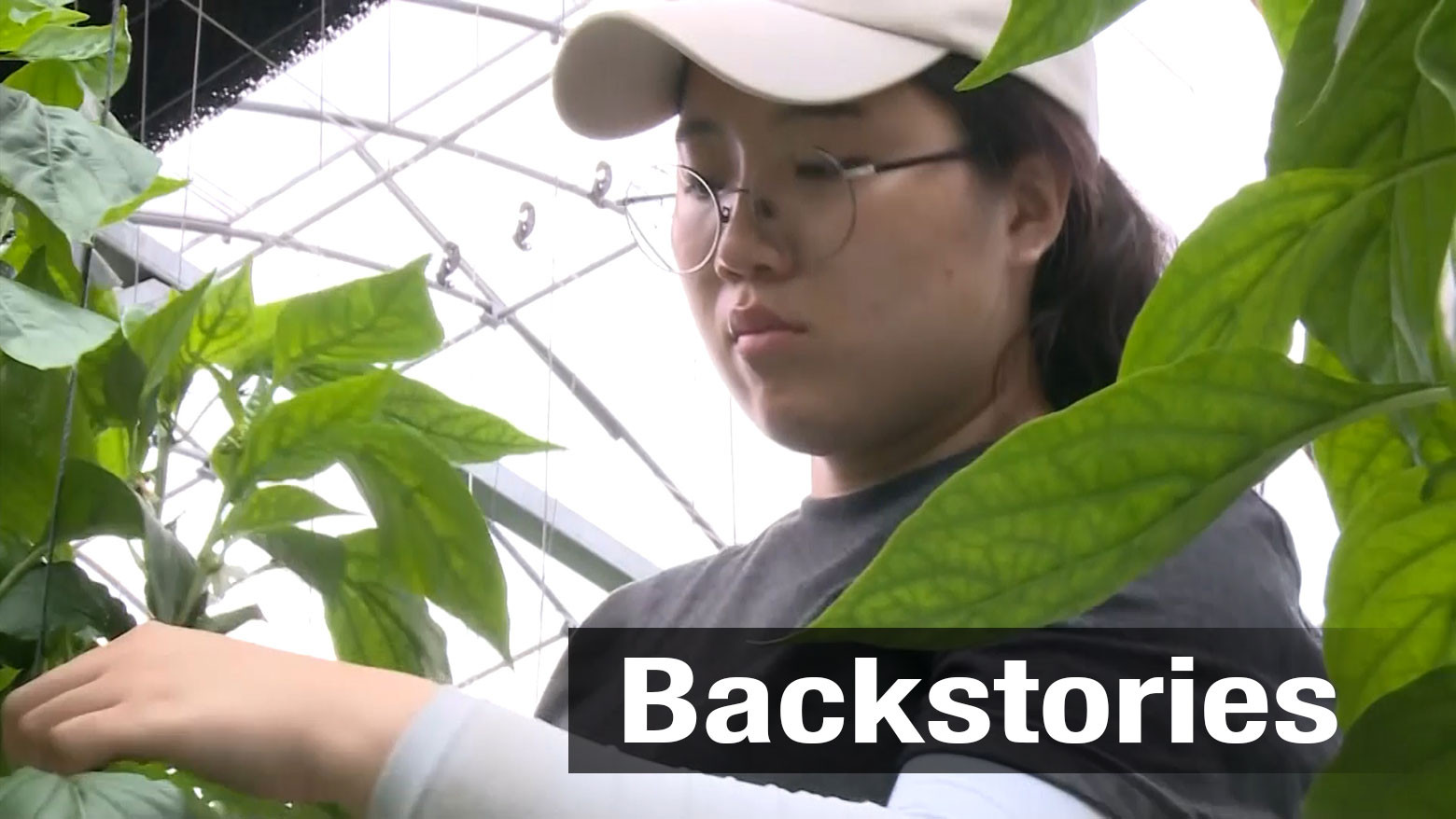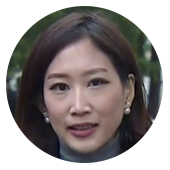South Korea's economy has been struggling amid the pandemic. In June, the country recorded a 4.3% unemployment rate, the highest figure since data collection began in 1999.
Many people struggling to find jobs in major cities have turned to the countryside.
Oh Dong-min used to run a travel agency in Seoul. But his 30-year-old business went under in February due to the pandemic. Now, he works at an apple orchard.
"When I was at home, there were times I felt like I was going crazy," he says. "Now I have truly experienced how fulfilling physical labor is."

Kim Yong-hyun is helping urban residents find farm work. He runs a firm that sends workers from the city to the countryside. The lengths of the jobs vary from one week to several months.
His company's name, Poomasy, is a Korean term for the idea that people should support each other through the exchange of labor. Kim says the number of people who use the firm to search for work has gradually increased over the past few years.
"If we can connect farming villages with major cities," Kim says, "urban residents get healthy food, and the rural villages get the manpower they need to develop."
The majority of the seasonal laborers who work in farming and fishing villages in South Korea come from Southeast Asia. But with travel restrictions put in place amid the coronavirus pandemic, many have either been unable to travel to their jobs, or have gone home for fear that they would be trapped abroad.
Lee Euy-duk is a farmer who has hired urban residents through Poomasy.
"The people coming from Seoul are dedicated to their task," he says. "They're all highly motivated."

Kim holds regular workshops for applicants to teach them how to handle agricultural machinery, and what to expect on the farm. He says the applicants come from all walks of life, ranging from college students to housewives to retired businessmen.
Kim is also often onsite at the farms, acting as a bridge between the workers and the farmers. Sometimes cultural differences will lead to communication problems, so Kim is there to smooth things out and improve efficiency.
"I think more people would opt to settle in the countryside if they realized that farming not only generates income but helps instill new values," Kim says. "I believe city residents can become the future of the agricultural sector."
Watch video 3:41
When the Seoul Metropolitan Government recently announced an urban-rural exchange project that would provide farms with workers from the city, Poomasy was selected as one of the firms to run it. Kim says this has been a boon to business, and has helped him grow to nearly 2,000 members. His company has found an opportunity in the midst of the pandemic and he says he hopes to keep building even after life returns to normal.

